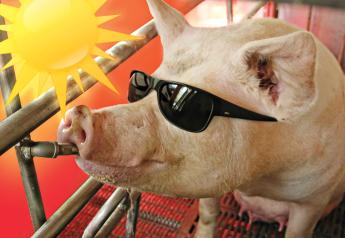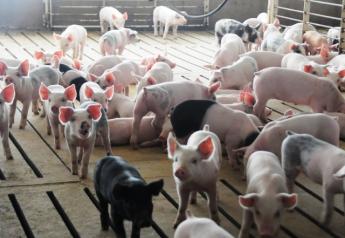Hiring Skilled Trade Talent

Ag employers tell AgCareers.com that technical and hourly roles are the most difficult to recruit for (2017-2018 U.S. Agribusiness HR Review). Forbes.com warned that the disproportionately large segment of baby boomers employed in skilled trades and their impending retirement, adds to the expected workforce shortage in the coming years. What may be a struggle for employers is good news for candidates that don’t have a bachelor’s or advanced degree. This dilemma for employers can also be a catalyst for youth career planning.
For years, parents and counselors have encouraged youth to get a university degree, but this may be changing as we recognize the worker shortage and career potential in skilled trades. Apprenticeships, certification training, and two-year degrees provide a low-cost education alternative that teaches career-ready skills.
Education
Many employers appear to have flexibility in hiring the best candidate for a position without adhering to a strict education requirement. Nearly 30% of all jobs posted on AgCareers.com in 2017 did not list a specific minimum education level.
Ag employers have consistently hired for careers that require a high school, skilled trade, or associate’s diploma. In fact, when we examine all positions posted on AgCareers.com where an education level was specified, half didn’t require a bachelor’s degree. When AgCareers.com asked ag employers in the HR Review what education level was most desired, a two-year college degree was top, followed closely by a high school diploma.
While the majority of AgCareers.com 2017 applicants had a bachelor’s degree or higher (63%); there still was a large proportion (37%) with college/associate, skilled trade, and high school diplomas.
Experience
Agricultural employers have consistently looked for top talent with agribusiness experience or skilled training. Experienced candidates are searching for new opportunities, as illustrated by applicant data from the 2017 Agribusiness Job Report. Forty-six percent of job seekers had greater than five years of work experience. Furthermore, the majority of this experience is directly related to agriculture; more than half of 2017 applicants were in ag occupations, and 8% were ag students.
Why Hire?
Maintenance, welders, technicians, electricians, and truck drivers are a few typical roles that are often thought of as skilled trade opportunities. However, candidates with associates’ degrees or technical certifications are often a good fit for roles such as custom applicators, animal caretakers, research assistants, sales, machinists, IT, and customer service to name just a few.
Get Connected
Skilled trade talent sometimes lacks opportunities for traditional career fair and campus engagement. It’s important for employers to network with local schools to develop relationships to feed the pipeline of skilled talent.
This networking may take place at the high school level through guidance counselors, ag science and industrial education teachers, FFA and 4-H leadership. At the community college level, networking with career counselors, instructors and clubs can support recruitment.
Employers can efficiently recruit skilled talent without a significant investment in time, travel, and resources. As an example, AgCareers.com is hosting the Careers in Ag Virtual Career Fair on September 6, 2018. For additional details, visit www.AgCareers.com and click on the Career Fair section under Events, or contact agcareers@agcareers.com.







